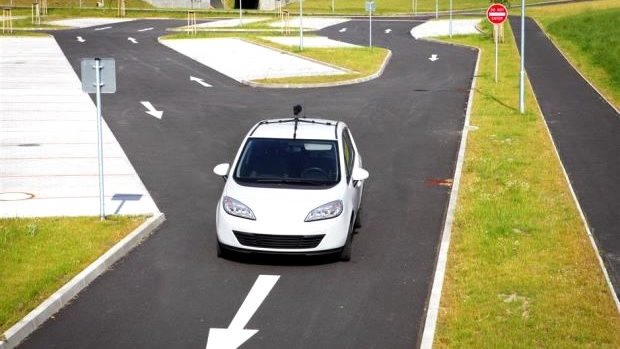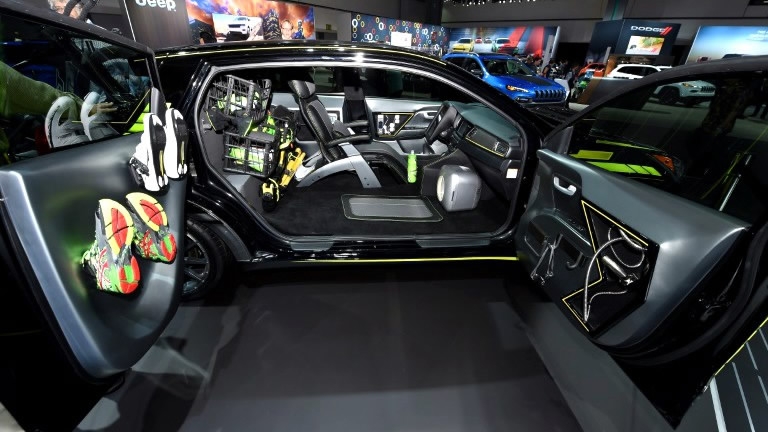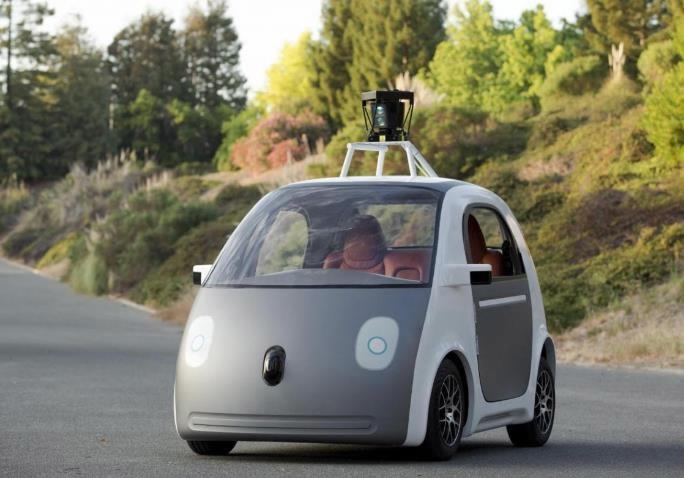
Tech & Sci
08:30, 07-Sep-2017
US House passes bill to clear path for self-driving cars

The US House of Representatives on Wednesday approved legislation aimed at clearing the path for deployment of self-driving vehicles by requiring consistent regulations across the 50 states.
The "Self Drive Act" approved unanimously "will help pave the way for self-driving cars nationwide and ensures America stays a global leader in innovation," said a tweet from Representative Greg Walden, who chairs the House committee that drafted the bill.
The bill, which needs Senate approval before being sent to the White House, would prevent states from imposing regulations on autonomous vehicles that would make it more difficult for manufacturers to deploy self-driving cars nationwide.

US lawmakers passed a bill aimed at speeding deployment of self-driving vehicles. /AFP Photo
US lawmakers passed a bill aimed at speeding deployment of self-driving vehicles. /AFP Photo
The Self-Driving Coalition for Safer Streets, an association that includes automakers Ford and Volvo as well as tech firms seeking to deploy autonomous vehicles such as former Google car unit Waymo, Uber and Lyft, welcomed the passage.
"Self-driving vehicles offer an opportunity to significantly increase safety, improve transportation access for underserved communities, and transform how people, goods and services get from point A to B," the group's general counsel David Strickland said in a statement.
"We look forward to working with members of the House and Senate to enact autonomous vehicle legislation that enhances safety, creates new mobility opportunities, and facilitates innovation."
Another association, the Coalition for Future Mobility, said it "supports legislative measures that will optimize the safe testing and deployment of automated vehicles in a technology-neutral manner while continuing to let innovation thrive."

A prototype self-driving car by Google. /Reuters Photo
A prototype self-driving car by Google. /Reuters Photo
Backers of autonomous vehicles say the technology can avoid the vast majority of road accidents and save lives, and reduce congestion and energy use.
But some activists argue the dangers of robot-controlled vehicles remain unclear.
A statement by Consumers Union said the bill approved Wednesday "could lead to a regulatory vacuum that would put consumers at risk."
The consumer watchdog group said that while autonomous vehicles may improve road safety, the bill's provisions on data privacy and security "should be significantly stronger."
"Despite requiring companies to develop a cybersecurity plan, the bill does not require automakers to notify consumers of system breaches or of updates to a car's security protections," the consumer group said.
Source(s): AFP

SITEMAP
Copyright © 2018 CGTN. Beijing ICP prepared NO.16065310-3
Copyright © 2018 CGTN. Beijing ICP prepared NO.16065310-3